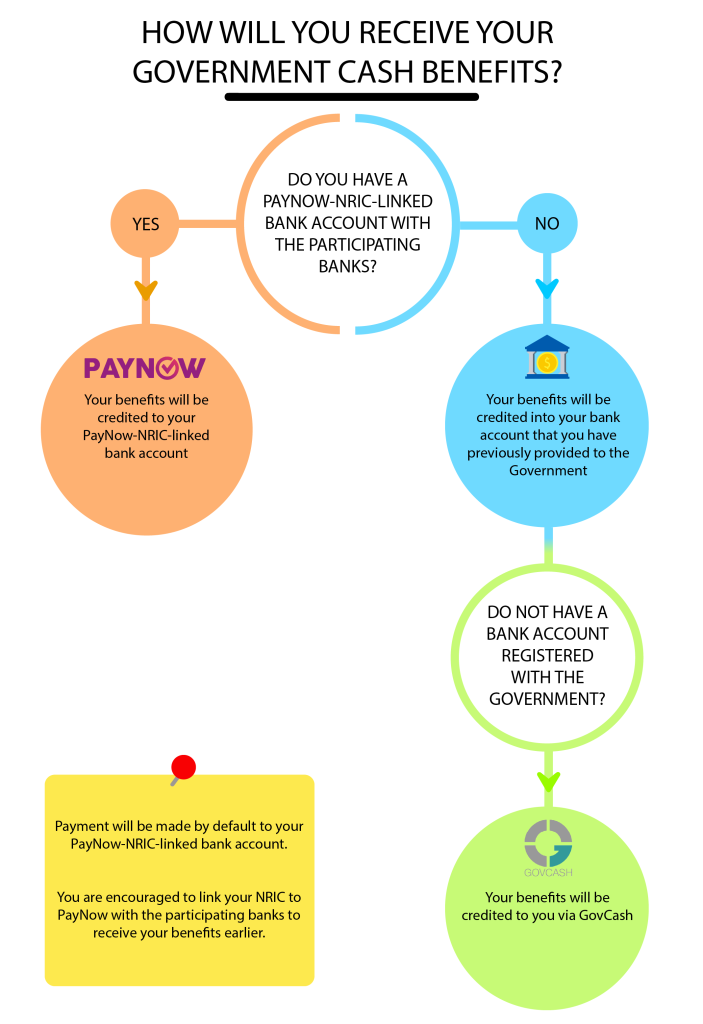In a country known for its efficiency and fast-paced urban living, the way Singaporeans approach personal finance is undergoing a quiet yet powerful transformation. With inflation still a concern and financial aspirations shifting from mere survival to long-term security, 2025 marks a turning point in how budgeting is viewed.
According to the latest data from YouGov, nearly half (45%) of Singaporeans believe the global economy will fall into a recession within the next six months. This cautious sentiment is mirrored at home, with 25% anticipating a local recession. Although 30% expect the economy to remain stable and 18% are optimistic about growth, the broader mood remains conservative. These views come against the backdrop of rising inflation, global political instability, and persistent energy cost concerns. As households brace for possible turbulence, many are reassessing their spending priorities. Already, 25% of respondents say they are cutting back on dining out, 23% on indulgent food and drink, and 20% on food delivery.
Amid these shifting expectations, the very idea of budgeting is also evolving. Gone are the days when budgeting was synonymous with cutting back. Increasingly, individuals are leveraging their budgets to build wealth, channeling funds toward investments through robo advisors, topping up retirement accounts, and using SkillsFuture credits to future-proof their careers. This shift reflects a deeper mindset change: budgeting is no longer reactive, but strategic. It is less about frugality for its own sake and more about using every dollar with intention.
Moreover, technology is playing a central role in this financial evolution. AI-powered tools are rapidly gaining ground, offering users more than just spreadsheets or transaction logs. These platforms now analyze spending patterns, forecast future cash flow, and provide highly personalized savings strategies. Apps like Seedly and DBS NAV Planner have become more than financial dashboards. They are decision-making companions. Even ChatGPT is being adopted as a budget coach, helping users create custom plans tailored to lifestyle and goals.
Automation has emerged as another critical enabler. Much like CPF contributions that happen quietly in the background, more individuals are setting up auto transfers via GIRO or savings apps to consistently build up emergency funds or investment portfolios. The principle is simple yet effective: when savings become automatic, wealth accumulation becomes inevitable.
At the same time, a renewed interest in accountability is reshaping spending habits. Subscription fatigue is now prompting deeper reflection. Consumers are reevaluating what they truly use and value by cancelling unused streaming services, trimming digital subscriptions, and rediscovering public resources like the National Library Board’s digital app. Even traditional ideas like carpooling or buying in bulk at retailers such as NTUC FairPrice Warehouse Club and Mustafa Centre are regaining traction, seen less as compromise and more as smart financial choices.
Reward-based spending is also becoming more deliberate. Cashback programs, once treated as perks, are now actively factored into purchase decisions. Consumers are seeking out the best credit cards, rewards apps like ShopBack, and promotional deals to turn everyday transactions into small returns. However, the savvy Singaporean spender recognizes the fine line between strategic spending and lifestyle creep. The cashback only counts if the purchase was truly necessary.
Another evolving practice is the return to meal prepping, driven by the rising cost of eating out. Rather than giving up convenience entirely, households are striking a balance by cooking in batches and reducing reliance on food delivery platforms. These seemingly modest changes contribute to significantly leaner monthly expenses.
Even lifestyle indulgences are being approached with greater mindfulness. With outbound travel making a full comeback, more people are relying on apps like Klook and Traveloka to unlock hidden promotions and stretch their leisure budgets. Whether it is discounted theme park tickets or staycation bundles, travel is no longer spontaneous; it is thoughtfully planned.

Image Credits: unsplash.com
What ties all these trends together is a growing financial maturity, a recognition that budgeting is not about restriction, but empowerment. The focus is shifting from saving what is left after spending to spending what is left after saving.
As 2025 passes its halfway mark, this recalibrated approach to money may not only help households navigate economic uncertainty but also shape the next chapter of our financial story.






 PRICE ESTIMATES?
PRICE ESTIMATES?



